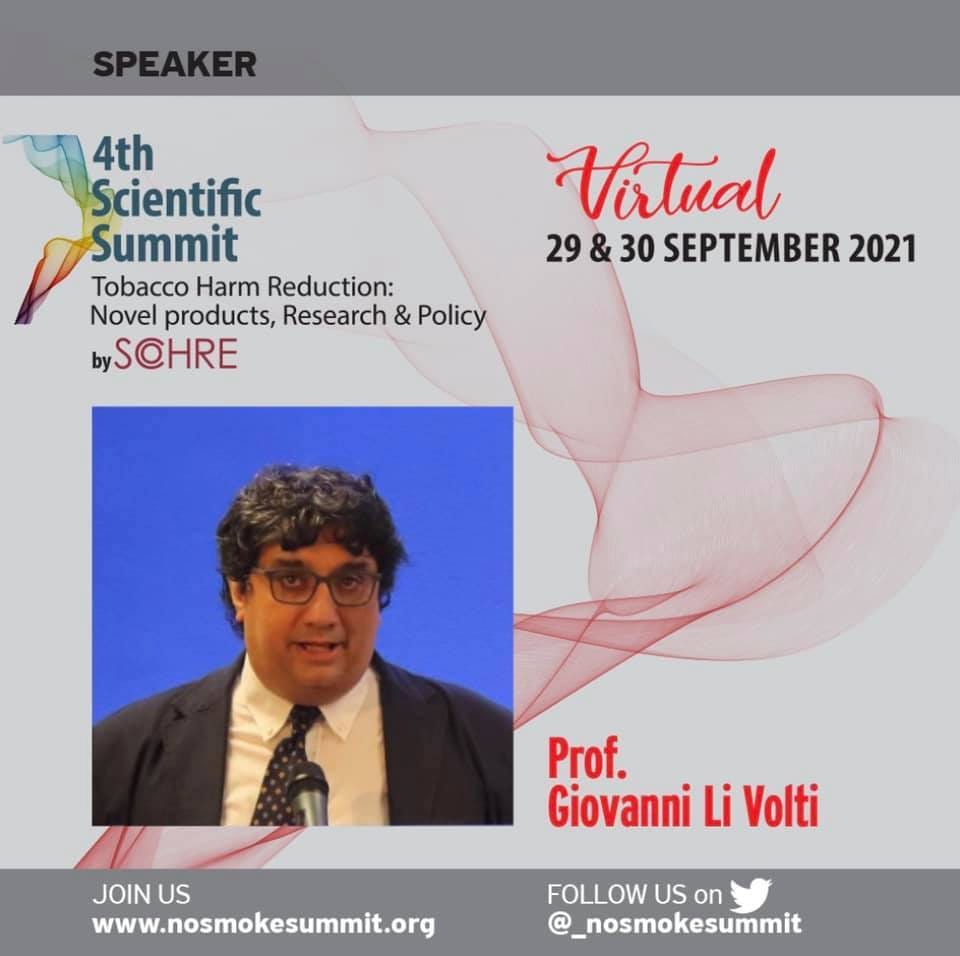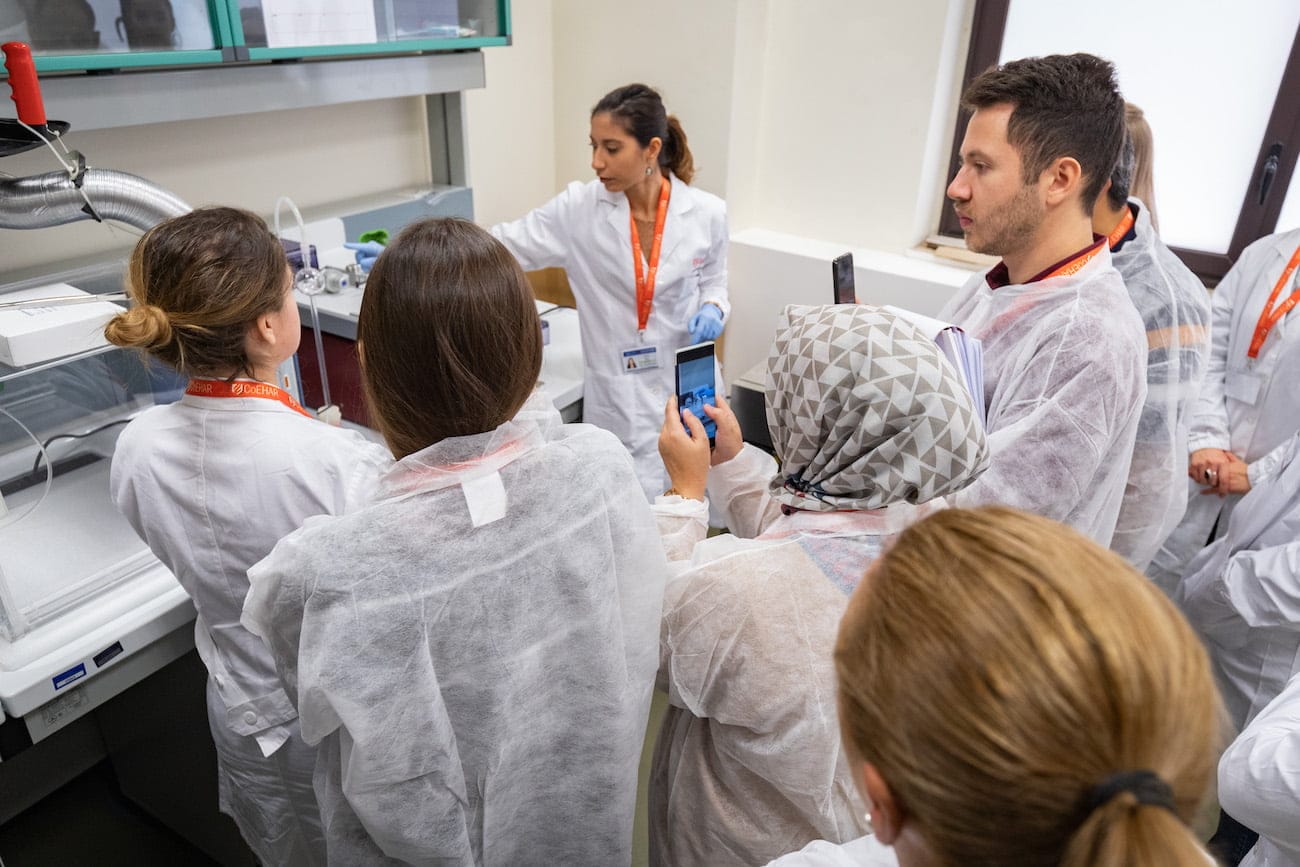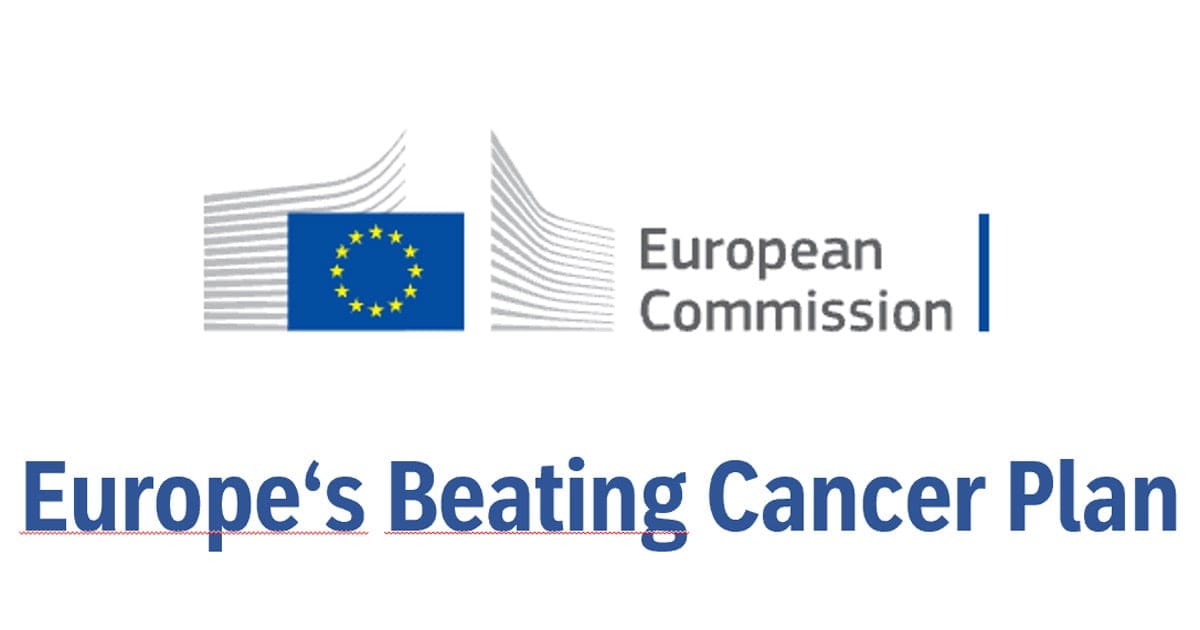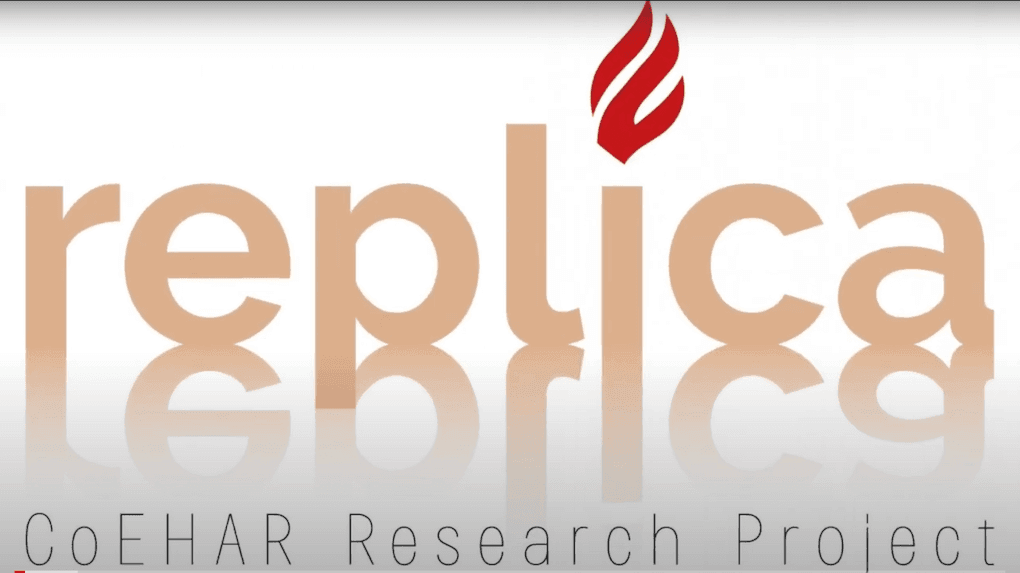The CoEHAR smile operation has started: enrolled the first patient of Smile Study
With the enrollment of the first patient, the project has officially started, thanks to the collaboration of international renew partners: the Addendo Clinic (Catania), the University of Modena and Reggio Emilia, the University of Bologna, and research centres in Warsaw (Poland), Chisinau (Moldova) and Bandung (Indonesia).










